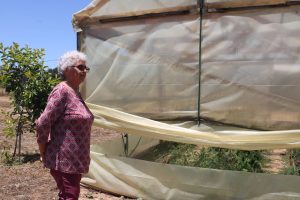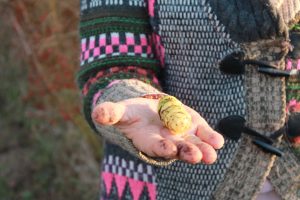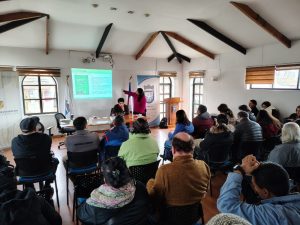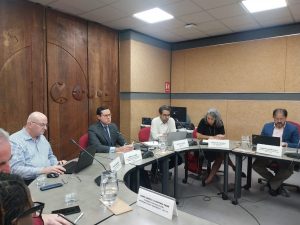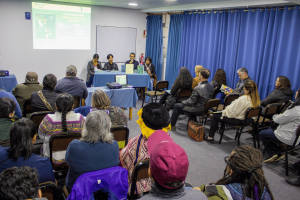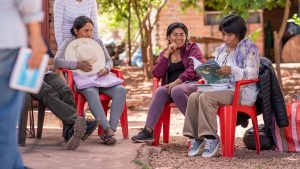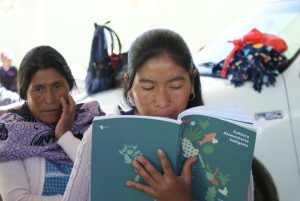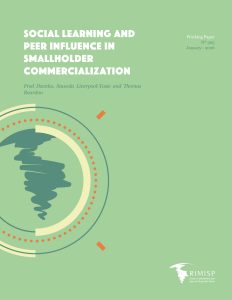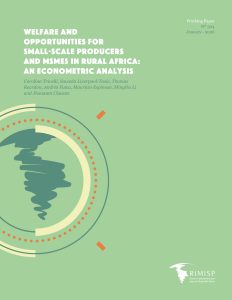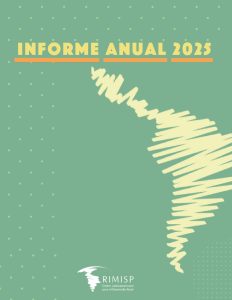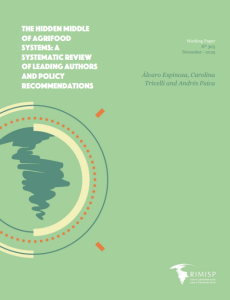The objective of this project was to evaluate the results of the implementation of the...
Rural Women and Territories
In Latin America, the inequalities faced by the different groups of women in the population are the expression of a profound social exclusion, where the intersection of gender, ethnicity, age and territory, pronounce the marginalization of some of them compared to others.
The evidence from our research shows how the experiences of inequality are heterogeneous, depending on where one is born and grows up in Latin America. Particularly in rural territories, where different systems of exclusion coexist and establish greater barriers to the full exercise of women’s rights.
Following the publication of the Latin American Report on Poverty and Inequality 2015. Gender and Territory; in 2018, we launched the Gender Observatory Women and Territories, a web platform that collects statistical information, produced by countries in the region, and disaggregates it by sex, territory, ethnicity and age group. This makes it possible to analyze inter-gender gaps -between men and women of different population groups- as well as intra-gender gaps -differences between women of different population groups-. At the same time, it is a contribution to comparing gender gaps and identifying how they widen or narrow when combined with other markers of exclusion.
By making their experiences visible and analyzing their diverse realities, Rimisp aims to contribute to the reduction of gender gaps, barriers and inequalities faced by rural women in terms of economic autonomy and decision making, favoring the full exercise of their rights, regardless of where they live.
Current Projects
Consultancy for the Elaboration of a National Plan for Peasant and Indigenous Family Farming in Chile
Development of a National Plan for Peasant and Indigenous Family Farming, in line with the...
INCATA: Linked Farms and Enterprises for Inclusive Agricultural Transformation in Africa and Asia
INCATA is an innovative project designed to study the relationship between cSPP and MSME in...
Generation of socio-ecological indicators and sustainability index for landscape restoration.
The project aims to develop, in a participatory manner, a set of socio-ecological indicators, from...
News
The role of the “hidden link” in agrifood systems marked the debate at the International Seminar of the INCATA project
Within the framework of the INCATA project, international experts met to discuss how the linkage...
From the Arctic to the Amazon: Rimisp launches book on indigenous food culture
The city of Cusco was the setting for the launch of "Indigenous Food Culture: Territory,...
Communities in Bolivia and Ecuador receive the latest pre-releases of the book “Indigenous Food Culture”.
Since the end of October, Rimisp and its territorial partners have visited communities in Colombia,...
New pre-launches of the book “Indigenous Food Culture” are held in Mexico and Guatemala
The publication edited by Rimisp continued its route through Latin America with meetings in the...
Publications
Social Learning and Peer Influence in Smallholder Commercialization
This paper examines how peer behavior influences small-scale producers' (SSPs) decisions to purchase inputs and...
Welfare and Opportunities for Small-Scale Producers and MSMEs in Rural Africa: An Econometric Analysis
This study examines how participation in commercial agriculture and micro, small, and medium enterprises (MSMEs)...
Annual Report 2025
This document provides an overview of the work carried out during the year. It is...
The hidden middle of agrifood systems: a systematic review of leading authors and policy recommendations
This report synthesizes the literature on the Hidden Middle of agrifood systems-the midstream segment that...
Our offices:
- Chile: Huelén 10. Providencia, Santiago, Metropolitan Region. (+56-2) 2236 4557 | Fax (+56-2) 2236 4558.
- Ecuador: Czechoslovakia E9-95 between Switzerland and Moscow. Eveliza Plaza Building. First floor. Quito. (+593-2) 5150144.
- Colombia: Carrera 9 No 72-61 Office 303. Bogotá. (+57-1) 2073 850.
